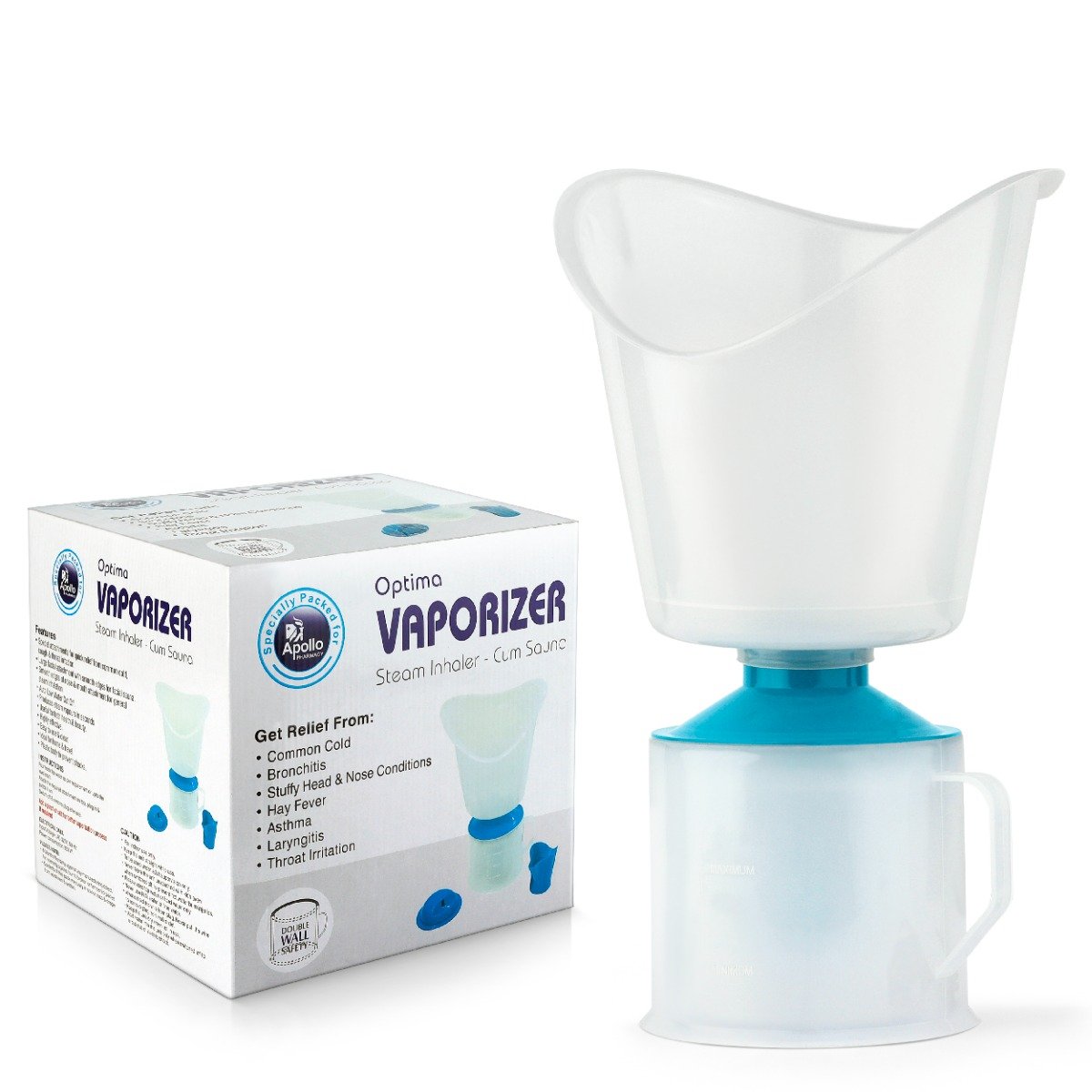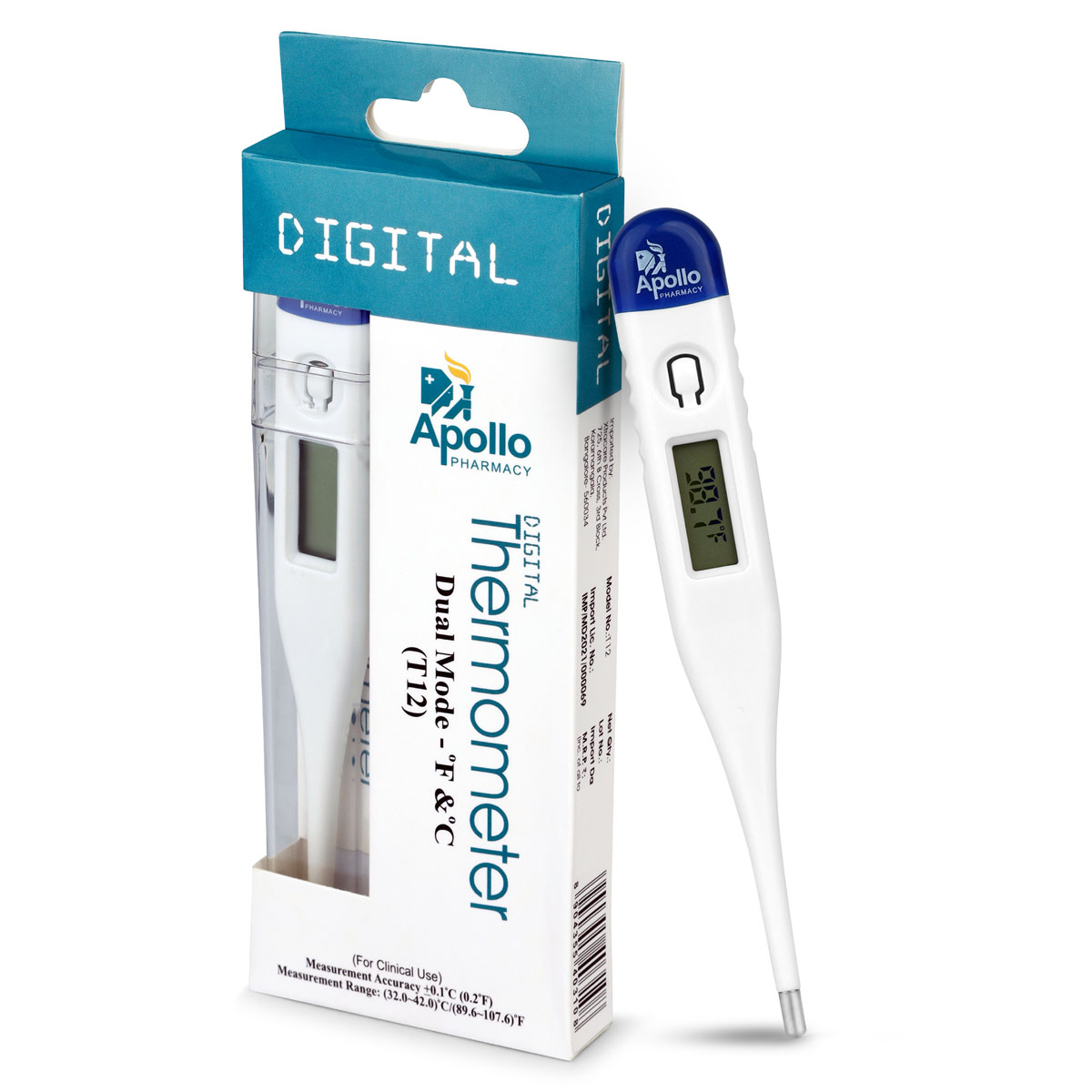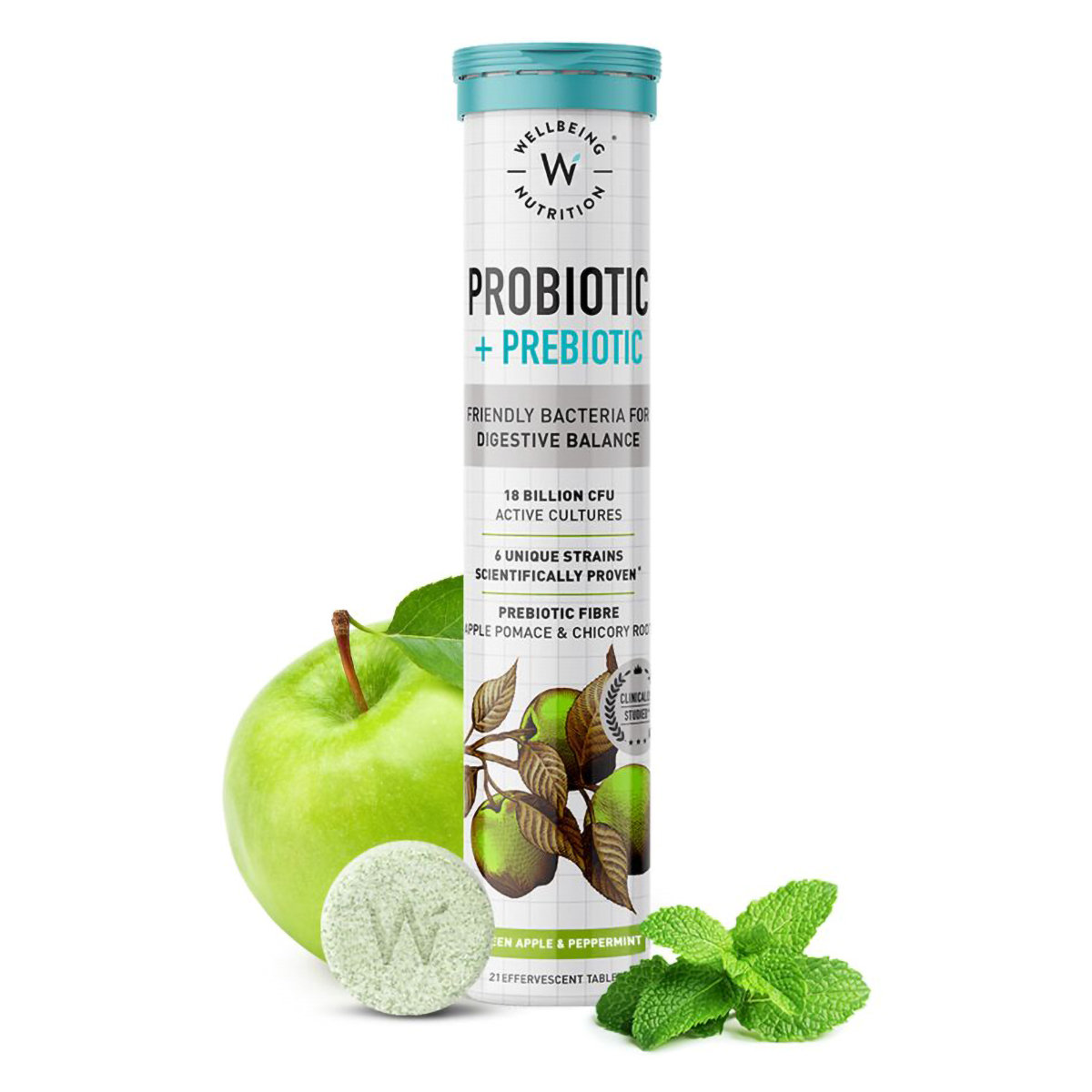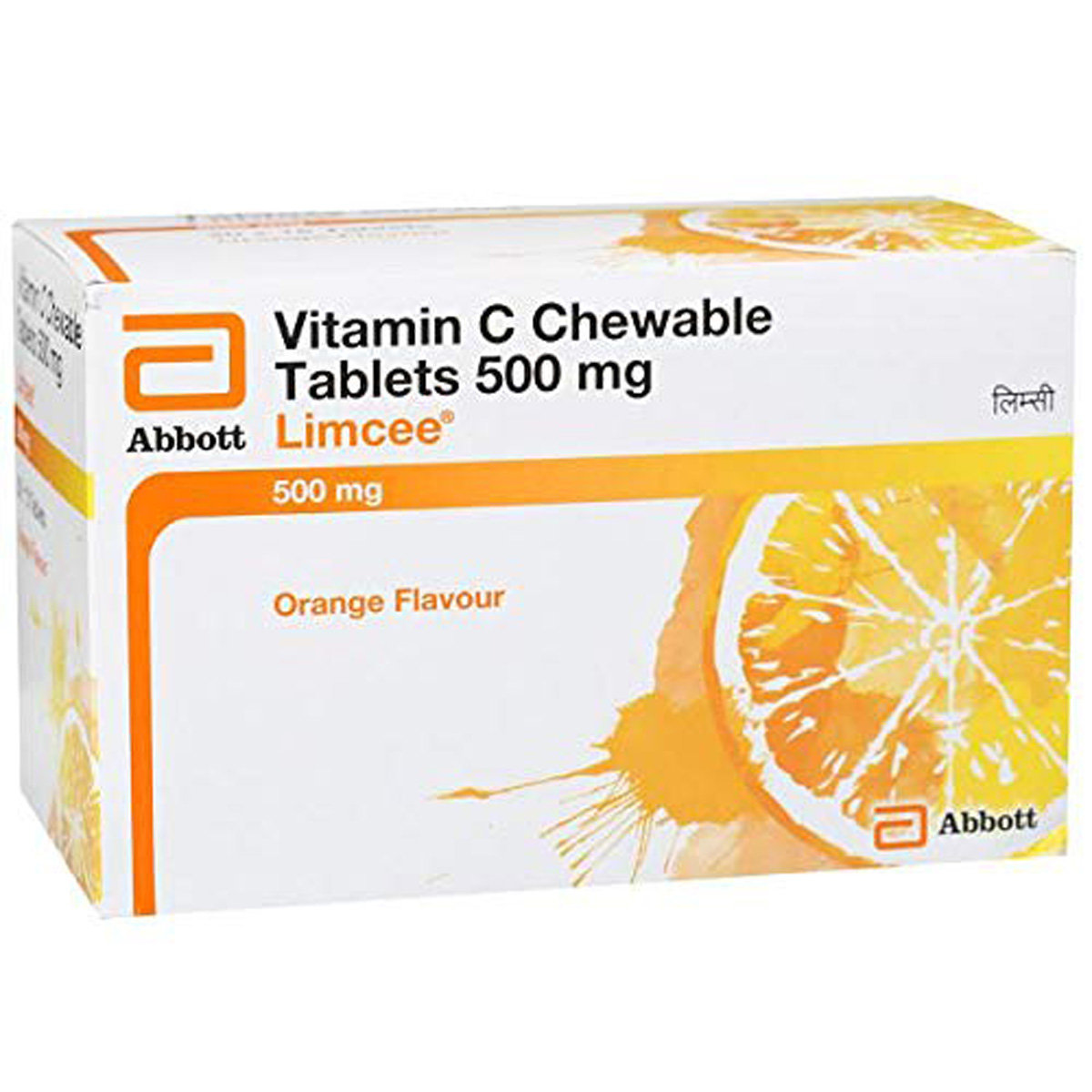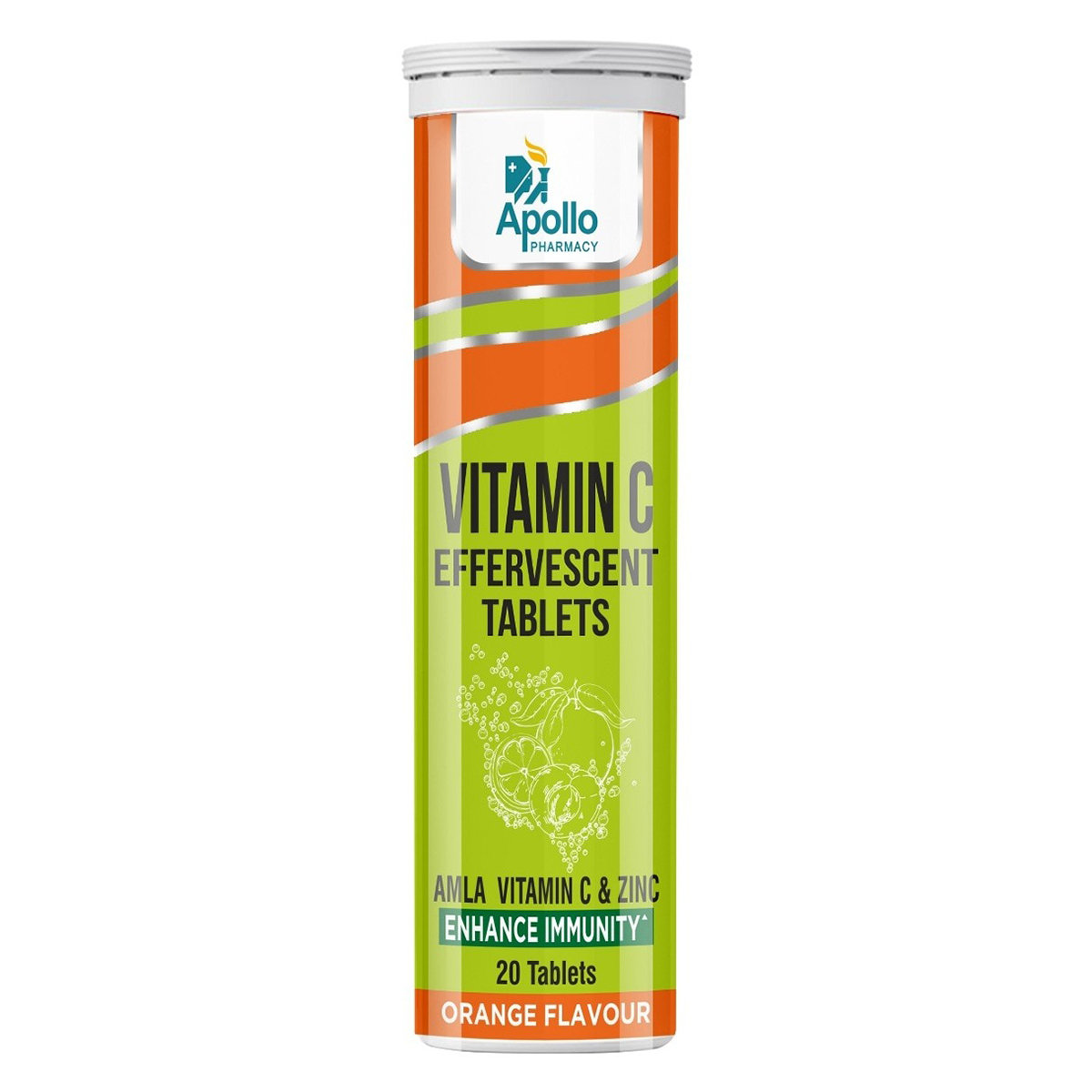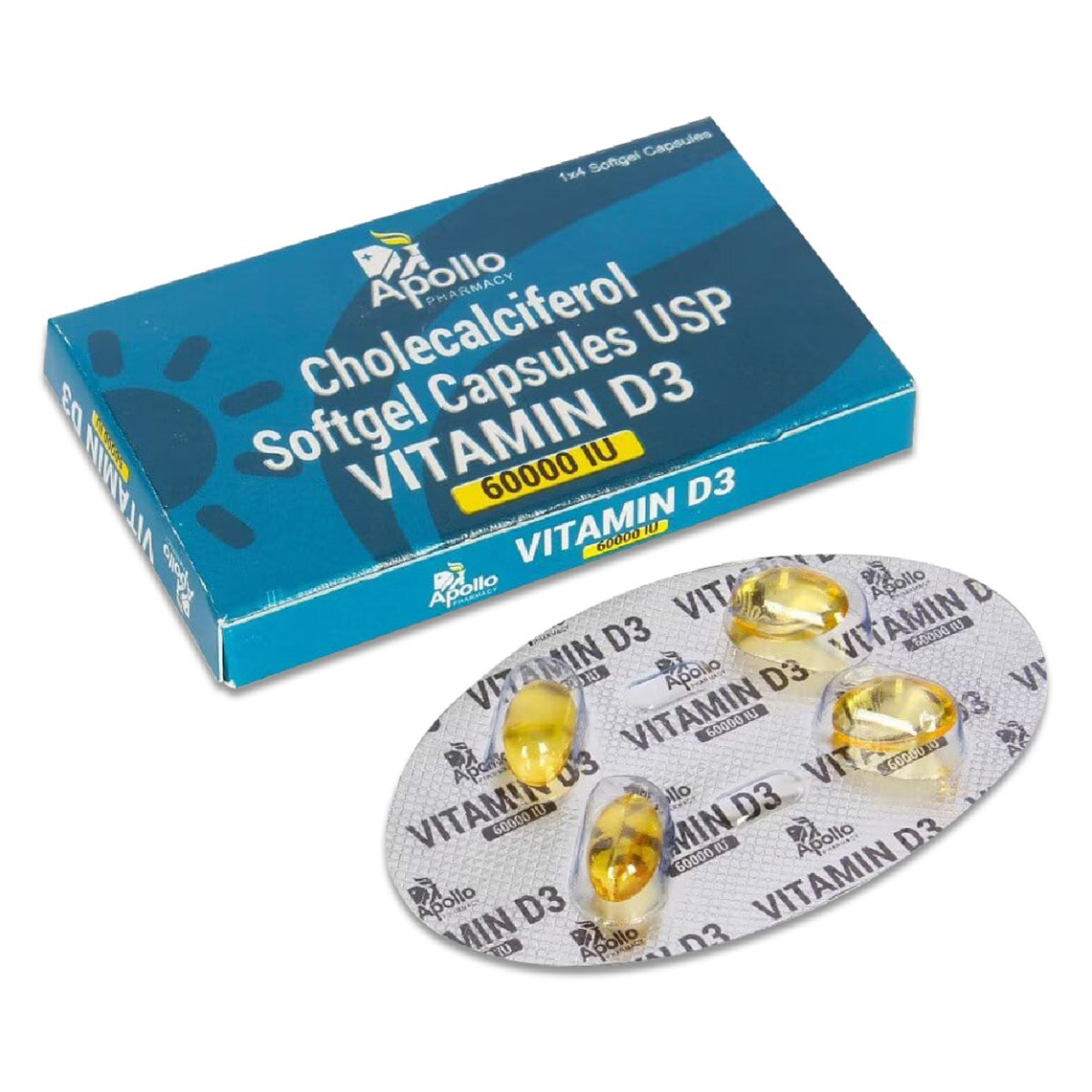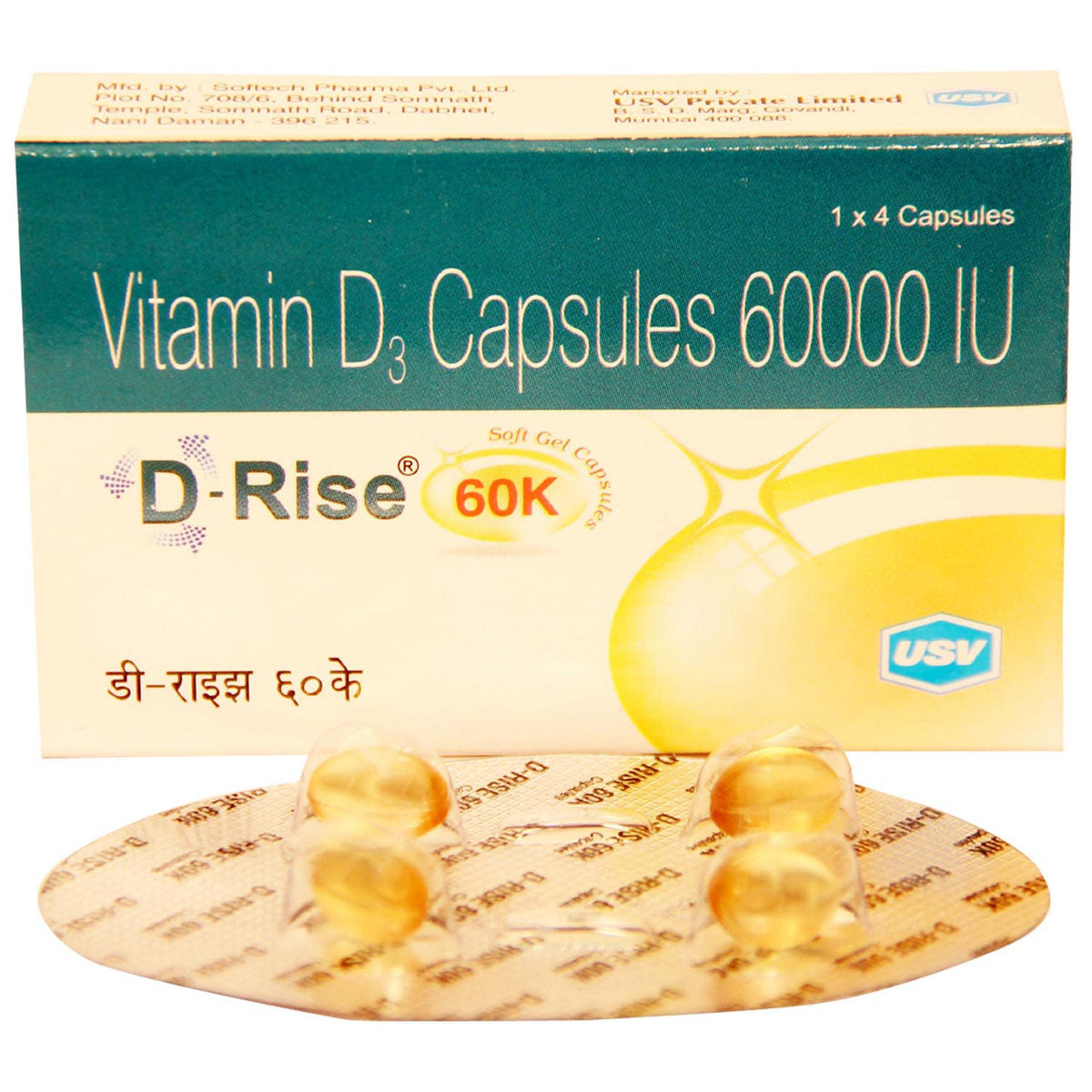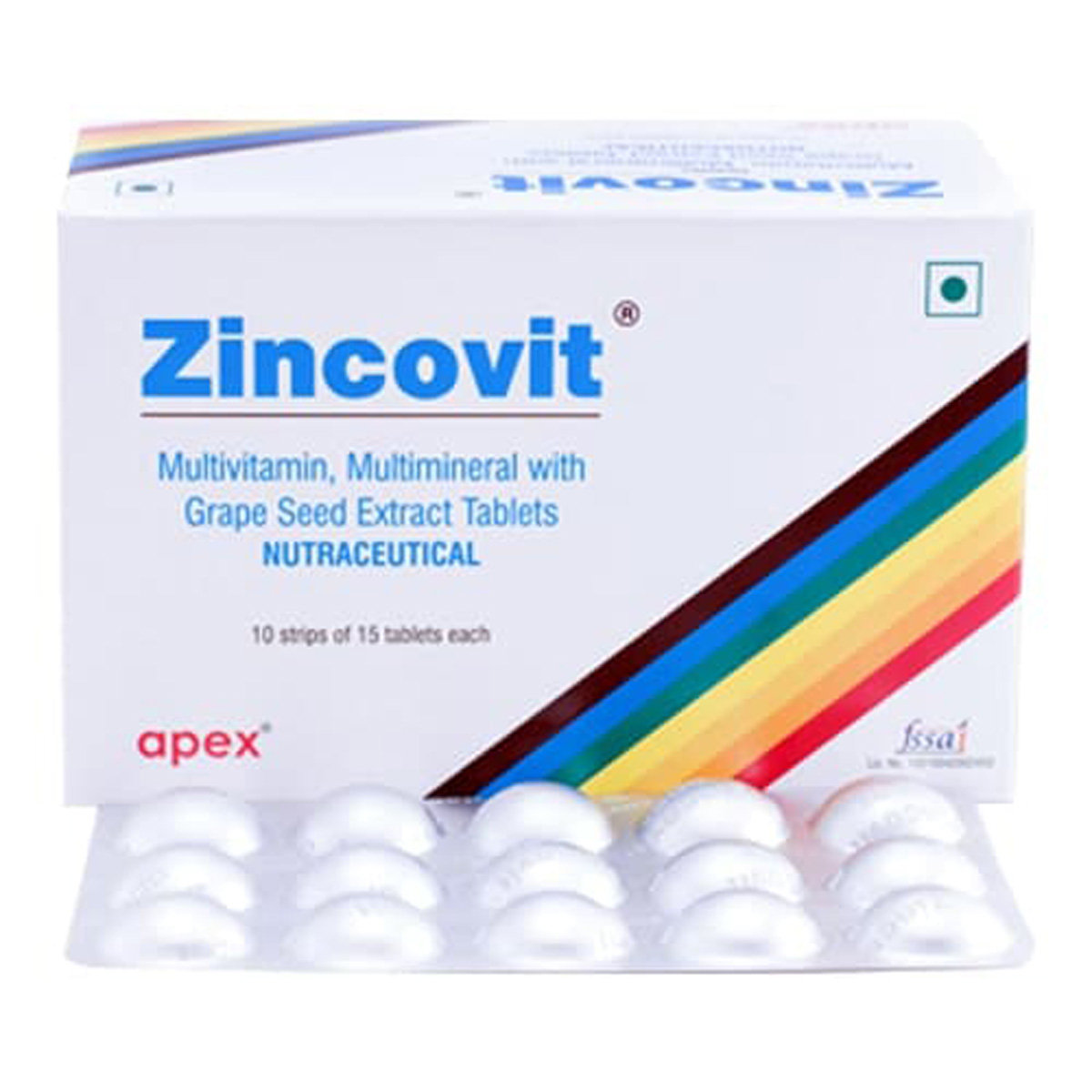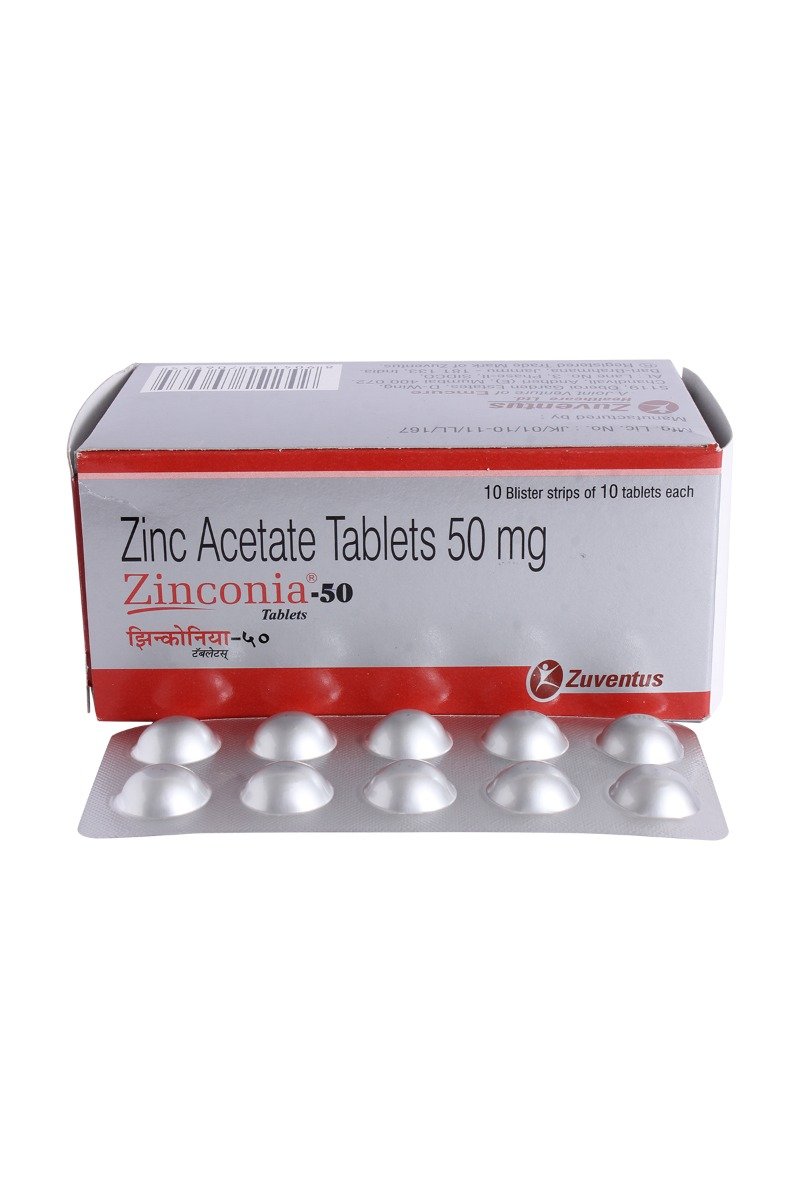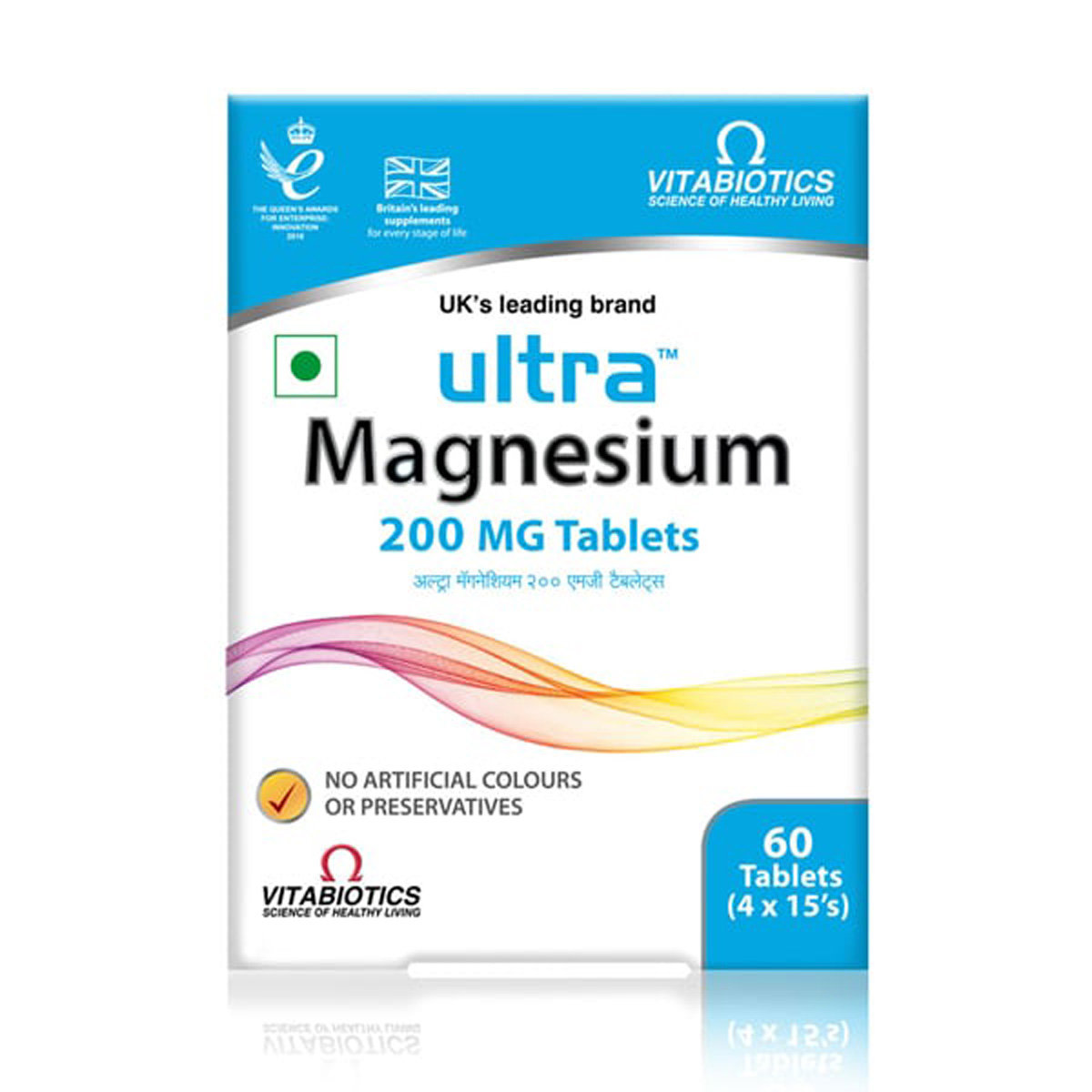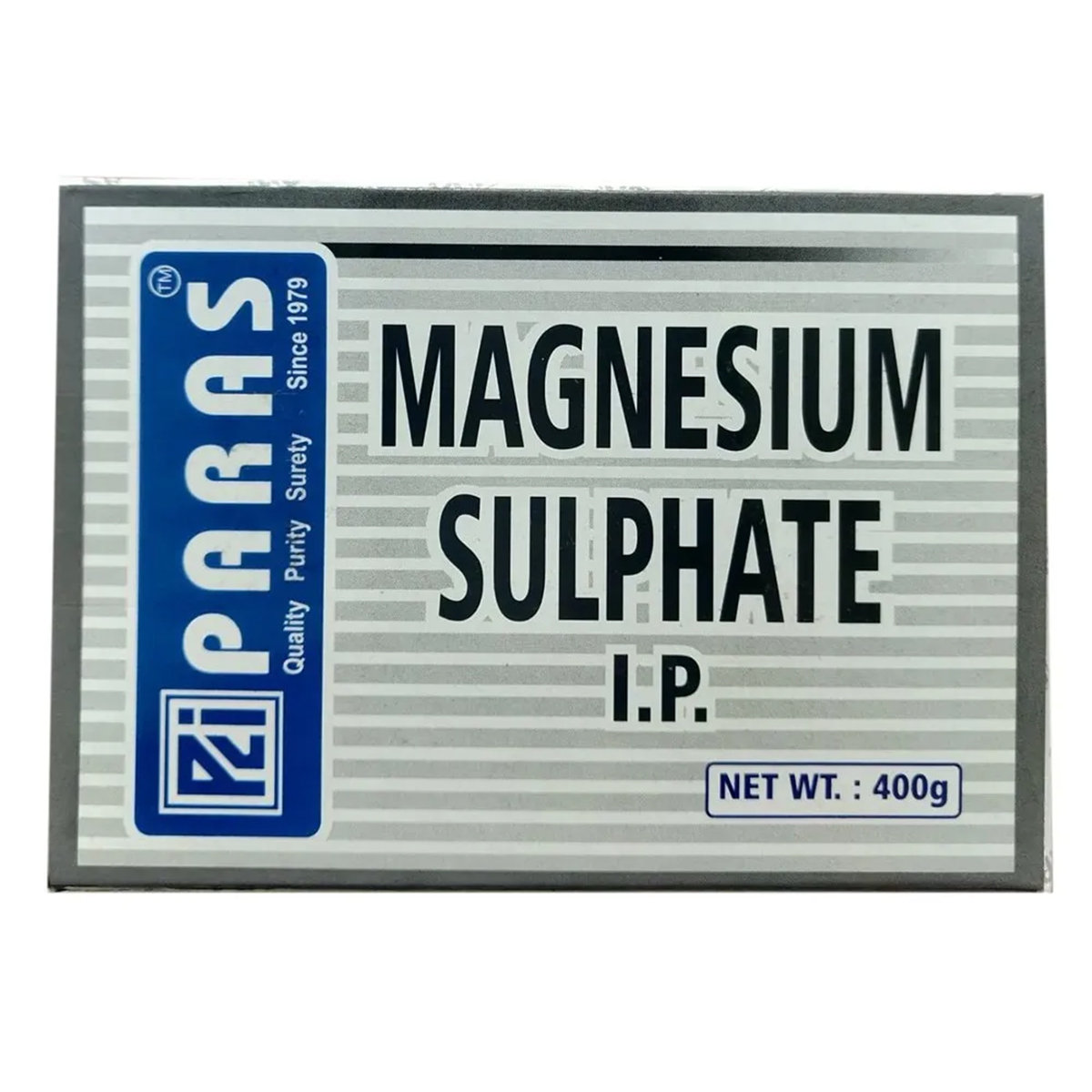Halovate F Cream
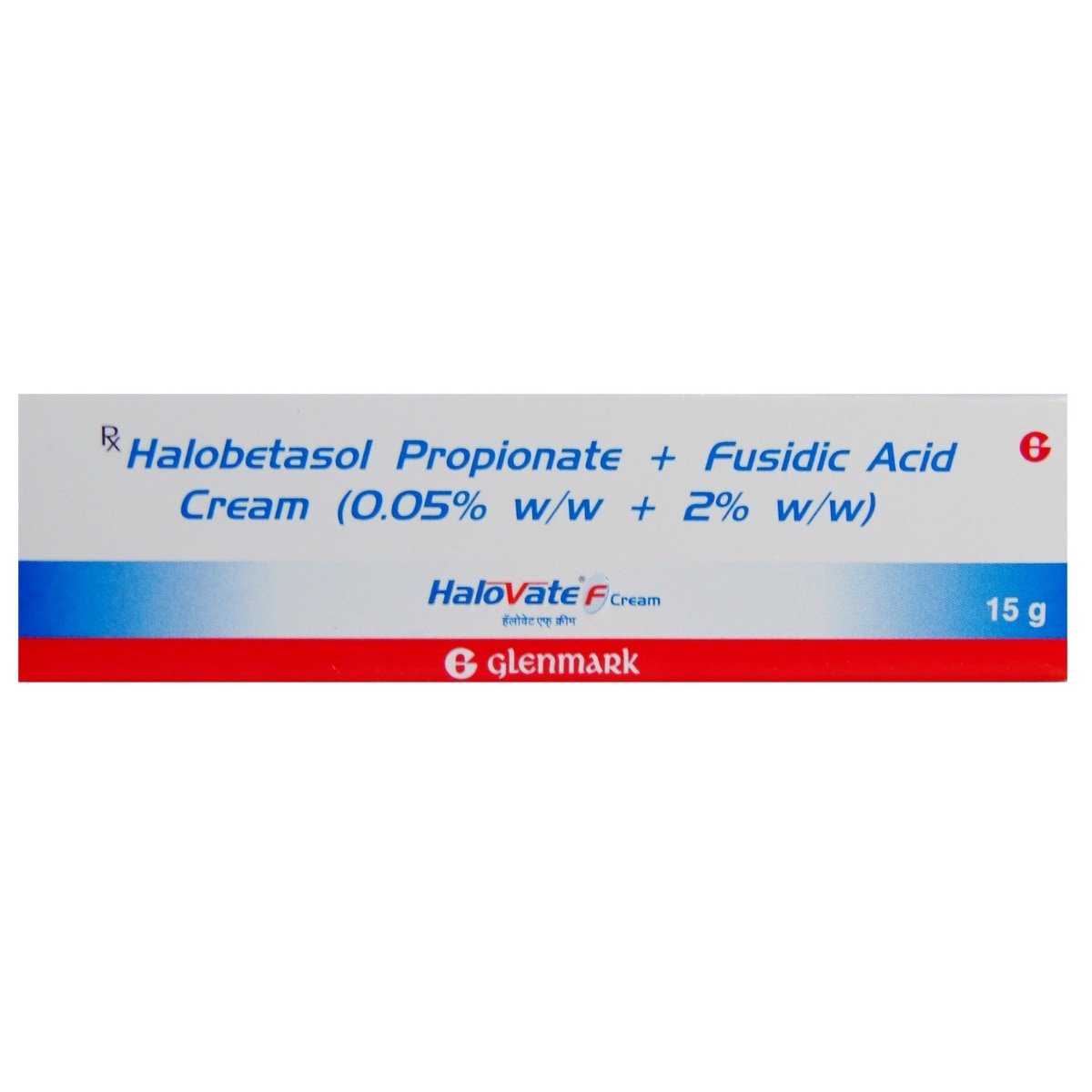
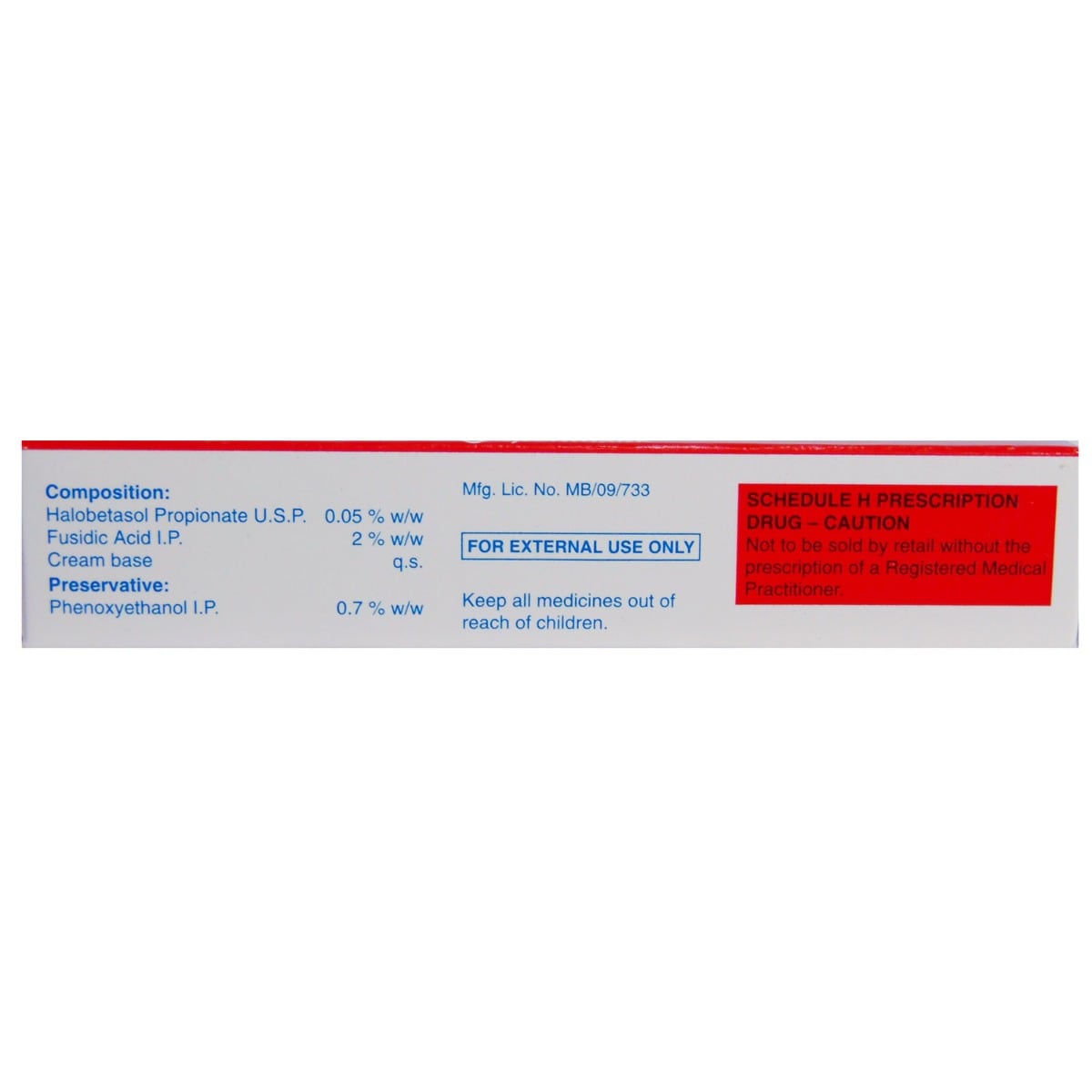
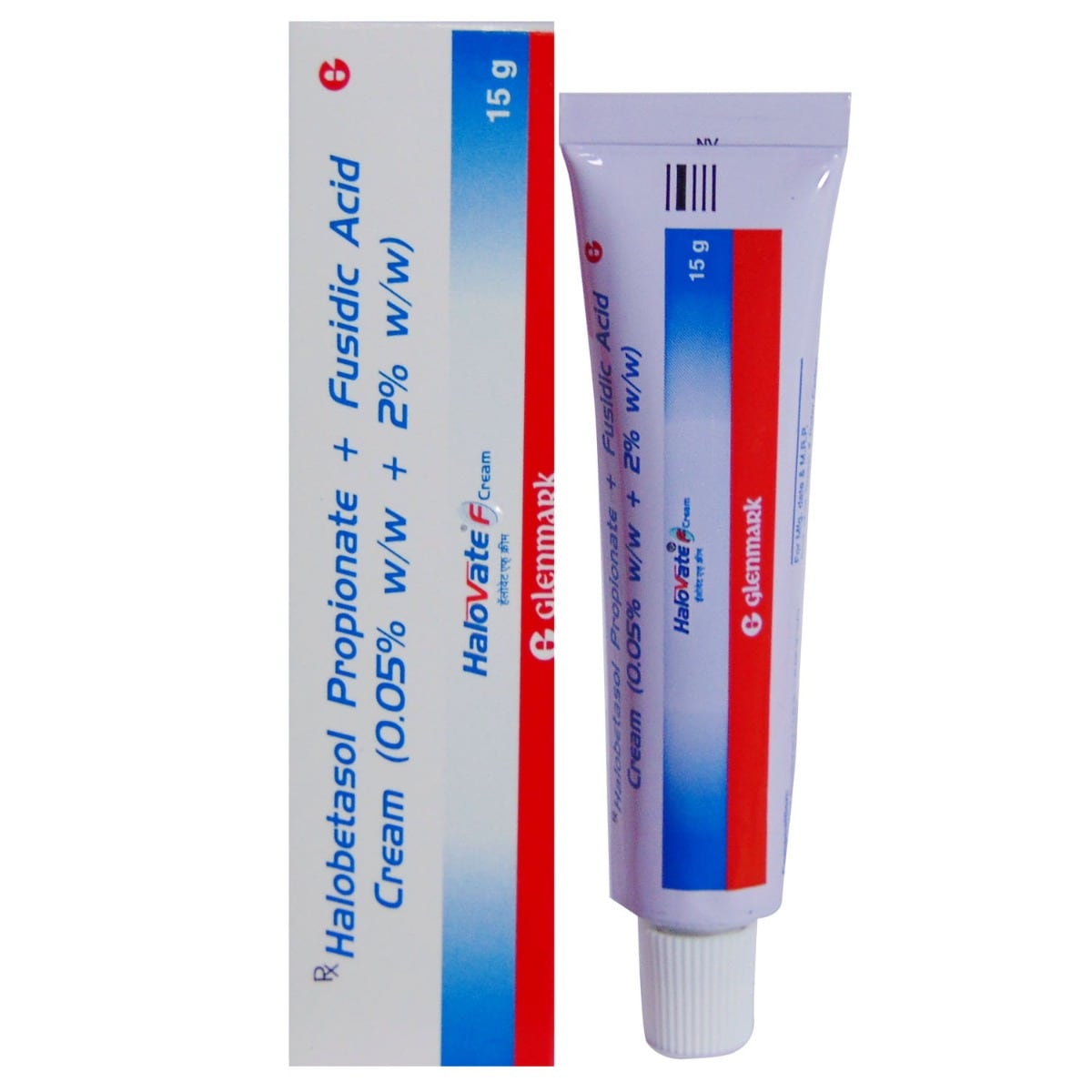
MRP ₹294.5
(Inclusive of all Taxes)
₹44.2 Cashback (15%)
know your delivery time
Provide Delivery Location
Composition :
Manufacturer/Marketer :
Consume Type :
Expires on or after :
Return Policy :
Selected Pack Size:15 gm
15 gm ₹265.1
(₹17.67 per gm)
In Stock
10 gm ₹265.1
(₹26.51 per gm)
In Stock

Secure Payment

Trusted by 8 Crore Indians

Genuine Products
Therapeutic Class
Country of origin
Manufacturer/Marketer address
Author Details
We provide you with authentic, trustworthy and relevant information
Disclaimer
Alcohol
Safe if prescribed
No interaction was found/established. Please consult your doctor before using Halovate F Cream.
Pregnancy
Consult your doctor
Please consult your doctor if you are planning to become pregnant or already pregnant before starting Halovate F Cream.
Breast Feeding
Consult your doctor
There are limited studies on how Halovate F Cream affects breastfeeding. Please consult the doctor before using Halovate F Cream if you are a nursing mother. However, it is advised not to use Halovate F Cream on breasts before breastfeeding your baby.
Driving
Safe if prescribed
Halovate F Cream has no or negligible influence on the ability to drive or use machines.
Liver
Consult your doctor
Let your doctor know if you have any history of liver diseases or hepatic impairment. Your doctor will weigh the benefits and potential risks before prescribing Halovate F Cream.
Kidney
Consult your doctor
Let your doctor know if you have any history of kidney diseases. Your doctor will weigh the benefits and potential risks before prescribing Halovate F Cream.
Children
Safe if prescribed
Halovate F Cream can be used in children below 12 years of age only under the doctor's supervision. Your doctor will decide the dosage based on the child's age and weight.
About Halovate F Cream
Halovate F Cream is a dermatological medication primarily used to treat bacterial skin infections, such as eczema, dermatitis, folliculitis (inflammation of the follicles) and impetigo (red sores on the face). A bacterial infection is a condition in which harmful bacteria enter the body through the skin and cause infection. Atopic dermatitis is a skin condition in which the immune system becomes triggered, thereby causing inflammation, dry skin, itching, a skin rash that appears purple or grey or red in colour.
Halovate F Cream is composed of two medicines: Halobetasol propionate and Fusidic acid. Halobetasol propionate belongs to the class of corticosteroids. It blocks the production of prostaglandins (chemical messengers) that make the affected area red, swollen and itchy. On the other hand, Fusidic acid is an antibiotic that prevents the synthesis of essential proteins required by bacteria to carry out vital functions. Together, Halovate F Cream helps treat skin infections.
Your doctor will advise the appropriate dose that suits your infection. In some cases, Halovate F Cream may cause common side effects like itching, dryness, redness and a burning sensation at the application site. These side effects usually do not require medical attention and gradually resolve over time. However, if you face any other symptoms or if the side effects persist longer, please consult your doctor.
Let your doctor know if you have/had any allergic reactions to Halobetasol propionate, Fusidic acid or other medications. Do not cover or wrap the treated area with bandages unless advised by your doctor. Do not use Halovate F Cream on sensitive areas like nostrils, ears, lips or genitals if the doctor did not advise you. In case Halovate F Cream comes in contact with eyes accidentally, rinse with water thoroughly. Pregnant and breastfeeding mothers should consult the doctor before starting Halovate F Cream.
Uses of Halovate F Cream
Medicinal Benefits Mweb
Key Benefits
Halovate F Cream is used to treat bacterial skin infections, such as eczema and dermatitis. It consists of two medicines: Halobetasol propionate (corticosteroid) and Fusidic acid (antibiotic). Halobetasol propionate blocks prostaglandin's production (chemical messengers) that make the affected area red, swollen and itchy. It is used to treat inflammation and itchiness caused by eczema (inflamed and itchy skin), psoriasis (skin cells build up and form scales and itchy, dry patches), allergies and rash. On the other hand, Fusidic acid prevents the synthesis of essential proteins required by bacteria to carry out vital functions. It is used to treat infections like dermatitis (inflammation of the skin), spots, cuts, grazes, impetigo (weeping, crusty and swollen patch of skin) and folliculitis (inflammation of one or more hair follicles).
Directions for Use
Side Effects of Halovate F Cream
- Itching
- Dryness
- Redness
- Burning sensation
Drug Warnings
If you are pregnant, planning to conceive or a breastfeeding mother, please consult a doctor before using Halovate F Cream. Avoid smoking or going near naked flames since Halovate F Cream can catch fire and burn easily. Inform your doctor before using Halovate F Cream if you have diabetes, Cushing's disease (high cortisol levels), cataract or glaucoma, thyroid, pituitary diseases, heart, kidney or liver problems before using Halovate F Cream. Halovate F Cream is not recommended to use for diaper rash, since Halobetasol propionate in Halovate F Cream can be systemically absorbed and cause adrenal suppression, Cushing's syndrome and intracranial hypertension (pressure of the fluid that surrounds the brain).
Drug-Drug Interactions
Drug-Drug Interactions
Login/Sign Up
Drug-Food Interactions
Drug-Food Interactions
Login/Sign Up
Drug-Diseases Interactions
Drug-Diseases Interactions
Login/Sign Up
Drug-Drug Interactions Checker List
- NELFINAVIR
- RITONAVIR
- COBICISTAT
- KETOCONAZOLE
- ITRACONAZOLE
Habit Forming
Special Advise
- It is advised to reach out to your doctor if the bacterial infection symptoms persist or worsen after two weeks of treatment.
- Monitor your blood glucose levels regularly since Halobetasol propionate in Halovate F Cream can cause a rise in blood sugar levels.
- If the medicine gets into your eyes, nose or mouth, rinse with cold water. It is better to consult your ophthalmologist to rule out the possibilities of cataract, glaucoma or any damage to the optic nerves.
- Do not apply tight dressings and bandages on the skin's affected areas after using Halovate F Cream unless the doctor advised.
Diet & Lifestyle Advise
- Use mild soap while taking baths and prefer warm baths.
- Regularly change your socks and wash your feet. Avoid shoes that make your feet sweaty and hot.
- Do not walk barefoot at places like gym showers to prevent bacterial infections.
- Do not scratch the affected area of the skin as it can spread the infection to other body parts.
- Avoid sharing towels, combs, bedsheets, shoes or socks with others.
- Wash your bedsheets and towels regularly.
- Avoid or limit the intake of alcohol and caffeine.
- Manage stress, eat healthily, drink plenty of water, exercise regularly and get plenty of sleep.
Buy best Dermatology products by
Glenmark Pharmaceuticals Ltd
Sun Pharmaceutical Industries Ltd
Klm Laboratories Pvt Ltd
Cipla Ltd
Canixa Life Sciences Pvt Ltd
Abbott India Ltd
Ajanta Pharma Ltd
Intas Pharmaceuticals Ltd
Dr Reddy's Laboratories Ltd
East West Pharma India Pvt Ltd
Alkem Laboratories Ltd
Atopic laboratories Pvt Ltd
Hegde & Hegde Pharmaceutica Llp
Brinton Pharmaceuticals Ltd
Torrent Pharmaceuticals Ltd
Amwill Healthcare Pvt Ltd
Leeford Healthcare Ltd
Palsons Derma Pvt Ltd
Oaknet Healthcare Pvt Ltd
Med Manor Organics Pvt Ltd
Micro Labs Ltd
Dermocare Laboratories Gujarat Llp
Fixderma India Pvt Ltd
Apex Laboratories Pvt Ltd
Mankind Pharma Pvt Ltd
Ipca Laboratories Ltd
Yaher Pharma
Systopic Laboratories Pvt Ltd
Menarini India Pvt Ltd
Ethinext Pharma
Nemus Pharmaceuticals Pvt Ltd
Skinocean Pharmaceuticals
Dermacia Healthcare
Inex Medicaments Pvt Ltd
Lupin Ltd
GlaxoSmithKline Pharmaceuticals Ltd
Talent India Pvt Ltd
Zydus Cadila
Kivi Labs Ltd
Zydus Healthcare Ltd
Hbc Dermiza Healthcare Pvt Ltd
Mrhm Pharma Pvt Ltd
Regaliz Medicare Ltd
Sol Derma Pharmaceuticals Pvt Ltd
Newtrimed Healthcare Pvt Ltd
Wallace Pharmaceuticals Pvt Ltd
Eskon Pharma
Glowderma Lab Pvt Ltd
La Pristine Bioceuticals Pvt Ltd
Mohrish Pharmaceuticals Pvt Ltd
Percos India Pvt Ltd
Rockmed Pharma Pvt Ltd
Macleods Pharmaceuticals Ltd
Praise Pharma
Ethicare Remedies Pvt Ltd
Kaizen Drugs Pvt Ltd
Aurel Biolife
Rely On Pharmaceuticals
Wockhardt Ltd
Galcare Pharmaceuticals Pvt Ltd
Elder Pharmaceuticals Ltd
Indiabulls Pharmaceuticals Pvt Ltd
La Med Healthcare Pvt Ltd
Biocute Life Care
Yap Bioceuticals
Yash Pharma Laboratories Pvt Ltd
Zee Laboratories Ltd
Apple Therapeutics Pvt Ltd
Adonis Laboratories Pvt Ltd
Albatross Healthcare Pvt Ltd
Galderma India Pvt Ltd
Prism Life Sciences Ltd
FDC Ltd
Alniche Life Sciences Pvt Ltd
Salve Pharmaceuticals Pvt Ltd
West Coast Pharmaceuticals Pvt Ltd
Dermarex HealthCare India Pvt Ltd
Arka Vital Science Pvt Ltd
Dermajoint India
Gary Pharmaceuticals Pvt Ltd
Grace Derma Healthcare Pvt Ltd
Karlin Pharmaceuticals & Exports Pvt Ltd
Skinska Pharmaceutica Pvt Ltd
Uniza Healthcare Llp
Alembic Pharmaceuticals Ltd
Cadila Healthcare Ltd
Cadila Pharmaceuticals Ltd
Cosmofix Technovation Pvt Ltd
Human Pharmaceuticals
Indolands Pharma Pvt Ltd
Lyra Laboratories Pvt Ltd
Akumentis Healthcare Ltd
Entod Pharmaceuticals Ltd
Iceberg Health Care Pvt Ltd
Jenburkt Pharmaceuticals Ltd
P and P Dermaceuticals Pvt Ltd
Dabur India Ltd
Indchemie Health Specialities Pvt Ltd
Olcare Laboratories Pvt Ltd
Unison Pharmaceuticals Pvt Ltd
BODY CREAM
Body Lotion
Face Cream
Shampoo
Sun Screen
Face Gel
Soap
Face Wash
HAIR SOLUTION
Face Serum
BODY GEL
Hair Lotion
Hair Serum
Dusting Powder
ANTISEPTIC
FACE CLEANSER
Face Lotion
Body Wash
Body Spray
Eye Cream
FUNGAL INFECTION
Foot Cream
Conditioner
Eye Gel
Cleanser
Hair Cream
Hair Oil
Face Mask
Hair Gel
Sanitizer
Hair Spray
Moisturiser
Skin Ointment
Lip Balm
Capsule
Eye Serum
Intimate Wash
Specialty Supplements
Hand Cream
Facial Spray
SPECIALITY SUPPLEMENT
Face Toner
MEDICATED SHAMPOO
Tablet
Talcum Powder
BABY SUNSCREEN
Body Butter
Body Scrub
DIAPER RASH CREAM
EYE SOLUTION
FACIAL WIPE
Gargle
Hand Wash
Intimate Spray
Lip Serum
Lubricant Gel
MEDICATED CREAM
Nail Polish
VITAMIN D
Frequently Bought Together
Customers Also Bought


_0.jpg?tr=q-85)

